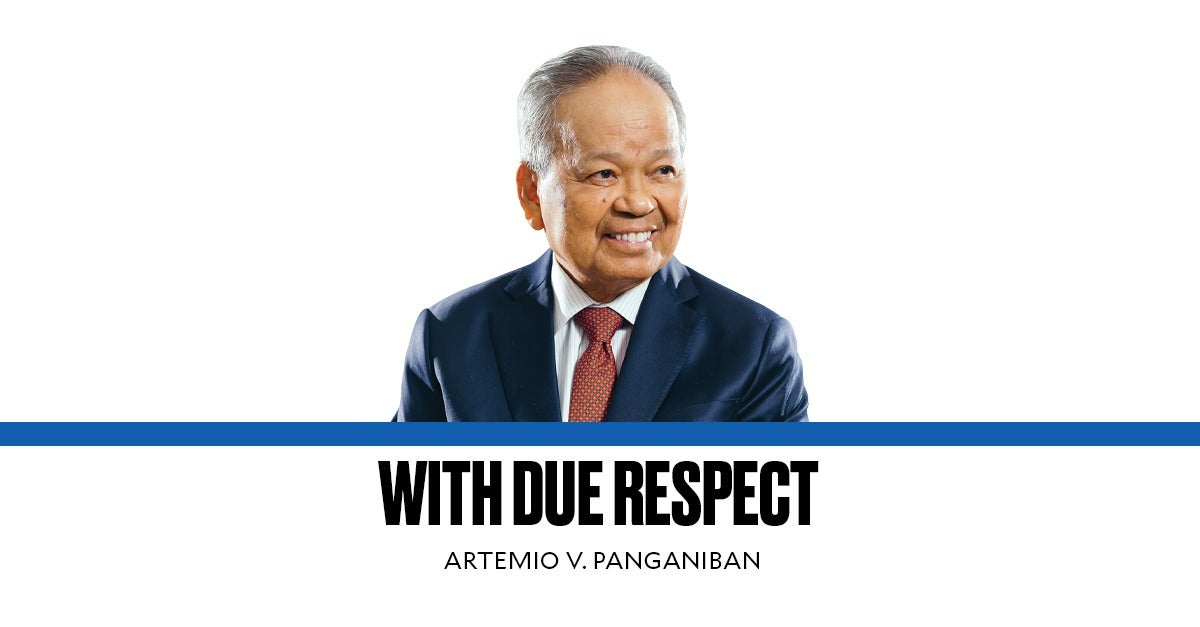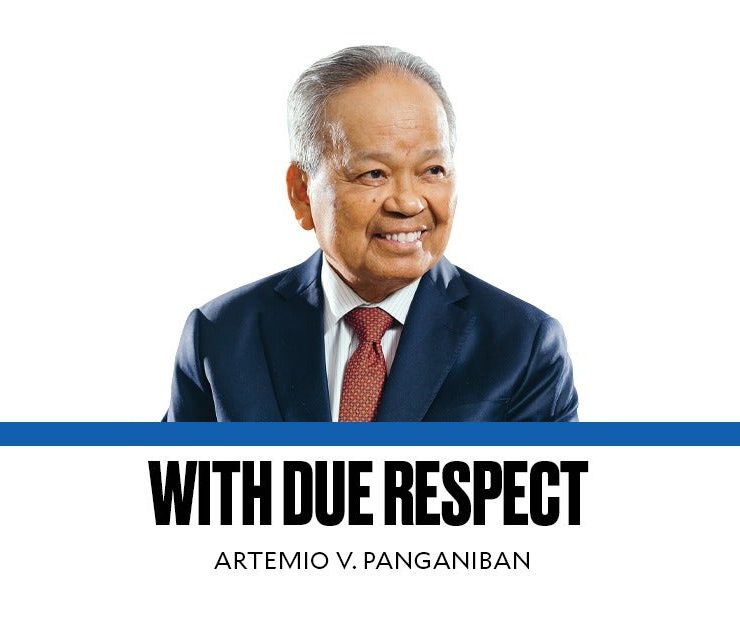SC disciplines appellate, trial magistrates

On July 14, I wrote that the Supreme Court disciplines its members (see “The Supreme Court disciplines its members,” 7/14/25). Question of readers: Does it also discipline the justices of the Court of Appeals, the Court of Tax Appeals and the Sandiganbayan, as well as the trial judges of the regional trial courts, metropolitan courts, and municipal courts?
ANSWER: YES. In fact, under its constitutionally mandated powers (Article VIII, Section 6), the Court has “administrative supervision over all courts and the personnel thereof.” This administrative supervision has been delegated in part to the Judicial Integrity Board (JIB) via a resolution dated July 7, 2000. It is headed by retired Justice Angelina Sandoval-Gutierrez. (On April 22, 2025, the JIB was renamed an “Office,” instead of a “Board,” with basically the same functions and duties. This change has not been implemented, and the JIB retains its name up to now.)
Unknown to many, the JIB has vast and encompassing powers. It “receives and acts on administrative complaints or disciplinary actions” not only against appellate court justices and trial judges but also against Shari’ah Court judges, officials, and employees of the entire judiciary including the top officers and personnel of the Office of the Court Administrator (OCA), as well as on those complaints referred to it by the chief justice and/or the court itself, and/or by administrative bodies such as the Civil Service Commission (CSC), Commission on Audit (COA), Office of the Ombudsman, or the Department of Justice.
Proceedings for disciplinary actions may be instituted, motu proprio, (1) by either the Supreme Court or by the JIB itself, based on records, documents, or media reports; or those arising from criminal actions filed in, or convictions rendered by all courts which are required to furnish copies thereof to the JIB; or (2) by any “interested person” either by … a “verified complaint supported by affidavits” of witnesses, and/or “substantiated by competent evidence including public records”; or by readily verifiable and/or duly substantiated anonymous complaints.
Attorneys-at-law (members of the Philippine bar) may also be subjected to disciplinary actions by the JIB “if the imputed acts or omissions likewise constitute a violation of the Lawyer’s Oath, the Code of Professional Responsibility and Accountability or such other forms of breaches of conduct that have been traditionally recognized as grounds for the discipline of lawyers.”
THE JIB IS THE “GO-TO” OFFICE TO COMPLAIN—as readers can appreciate at this point, not only for the misconduct of justices and judges but also of lawyers (who are considered “officers of the courts”), and of judicial personnel nationwide, including those employed by offices exercising quasi-judicial functions like the CSC and COA. It is inundated with thousands of complaints. Question: How are these complaints, especially those of the public and those from “anonymous” sources, processed and disposed of?
Answer: Administrative complaints, whether verified, anonymous, or motu proprio, should be filed with the Complaints and Docket Services (CDS) of the JIB Office of the Executive Director (OED), which shall determine whether the complaint is “sufficient in form and substance.” If so sufficient, the OED shall require the respondent to comment thereon within 10 calendar days.
If the complaint was filed anonymously, the CDS shall refer it within 10 calendar days from receipt to the Office of the JIB’s General Counsel (OGC) for evaluation and/or investigation.
Upon receipt of the respondent’s comment, the OED shall review the records and, within 15 calendar days, submit its report and recommendation to the JIB. Within 30 calendar days, the JIB shall deliberate on the case and formulate its resolution (or decision), that is, whether the respondent is innocent or liable for an administrative offense, and if so liable, the penalty imposed—censure, fine, suspension, or dismissal from the service. This resolution shall be forwarded to the Supreme Court for “appropriate action,” that is, whether to affirm, modify, or overturn the JIB’s resolution. Most of the time, the Court affirms the JIB’s actions.
IN THE PAST, the OCA performed these functions that are assigned to the JIB. However, its work is now concentrated on attending to the well-being as well as the administrative and operational needs of all courts inferior to the Supreme Court. Moreover, the JIB may refer and delegate to the OCA the investigation of complaints for less serious and light charges, those in which the penalty is lower than suspension or dismissal from service.
The OCA shall terminate its investigation within 60 calendar days and shall submit its findings and recommendations to the Court for its “appropriate action.”
The low-profile JIB conducts its work privately, doggedly and often below the radar of the media and the public to preserve the integrity of justices and judges who may be subjected to groundless charges by defeated litigants in their salas. But the final judgment of the Supreme Court is published on its website, which is open to the public.


















